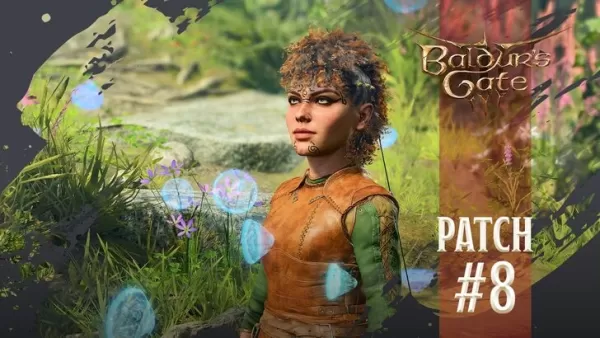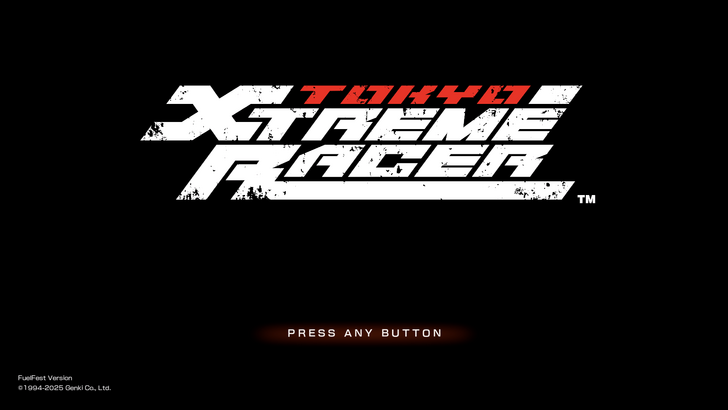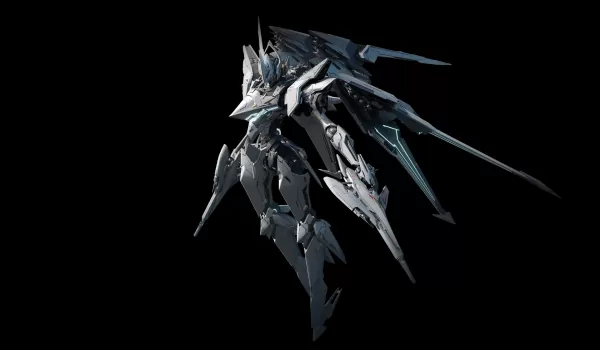In the realm of role-playing games (RPGs), few topics spark as much debate as the merits of turn-based versus action-oriented systems. The recent release of Clair Obscur: Expedition 33 has reignited these discussions, particularly among fans of the genre. This game, launched last week, has been celebrated by IGN and numerous other reviewers as an outstanding RPG, proudly showcasing its roots in classic turn-based gameplay while integrating elements from action-packed titles.
During an interview with RPGsite, producer Francois Meurisse revealed that Clair Obscur was designed as a turn-based game from the outset, drawing inspiration from iconic titles like Final Fantasy VIII, IX, and X. Additionally, the game incorporates mechanics reminiscent of Sekiro: Shadows Die Twice and the Mario & Luigi series, blending quick-time events for attacks with parrying and dodging for defense. This hybrid approach results in a gameplay experience that feels traditional during strategic planning but more dynamic during execution, sparking a fascinating dialogue among the gaming community.
Social media has been abuzz with fans citing Clair Obscur's success as evidence against the move away from turn-based systems in major franchises like Final Fantasy. Naoki Yoshida, producer of Final Fantasy XVI, has openly discussed the shift towards action-based mechanics, citing a perceived decline in interest among younger gamers for command-based systems. This perspective is reflected in the evolution of the Final Fantasy series, with titles like XV, XVI, and the VII remake series adopting more action-driven gameplay.
However, the situation is more complex than a simple preference for one system over another. Square Enix continues to support turn-based RPGs through titles like Octopath Traveler 2, SaGa Emerald Beyond, and the upcoming Bravely Default remaster for Switch 2. This suggests that while Final Fantasy may have shifted, the turn-based format remains alive and well within the publisher's portfolio.
The debate often centers on whether Final Fantasy should emulate Clair Obscur's approach. While some fans might wish for a return to classic turn-based gameplay, others argue that Final Fantasy's unique aesthetic and iconography cannot be simply replaced by another system. The success of Clair Obscur is not just about its turn-based mechanics but its originality and execution in other areas, such as combat, soundtrack, and world-building.
Moreover, commercial considerations play a significant role. Yoshida has mentioned the importance of expected sales in deciding the direction of Final Fantasy XVI, though he did not rule out a return to command-based systems in future iterations. Clair Obscur: Expedition 33 has achieved impressive sales figures, selling 1 million copies in just three days, but Square Enix's expectations for Final Fantasy are typically much higher.
The broader success of turn-based RPGs like Baldur's Gate 3 and Metaphor: ReFantazio demonstrates that there is still a vibrant market for these games. Clair Obscur's success is a testament to the potential of mid-budget RPGs that stay true to their vision and execution. Whether this will lead to a shift in the Final Fantasy series remains to be seen, especially given the broader industry trends and the significant costs associated with developing major franchise entries.
Ultimately, the lesson from Clair Obscur's success is the value of authenticity and innovation. As Swen Vincke of Larian Studios noted, success in the gaming industry comes from creating games that excite the development team and resonate with players. This approach, rather than rehashing old debates, offers a constructive path forward for the future of RPGs.
 Home
Home  Navigation
Navigation






 Latest Articles
Latest Articles










 Latest Games
Latest Games












